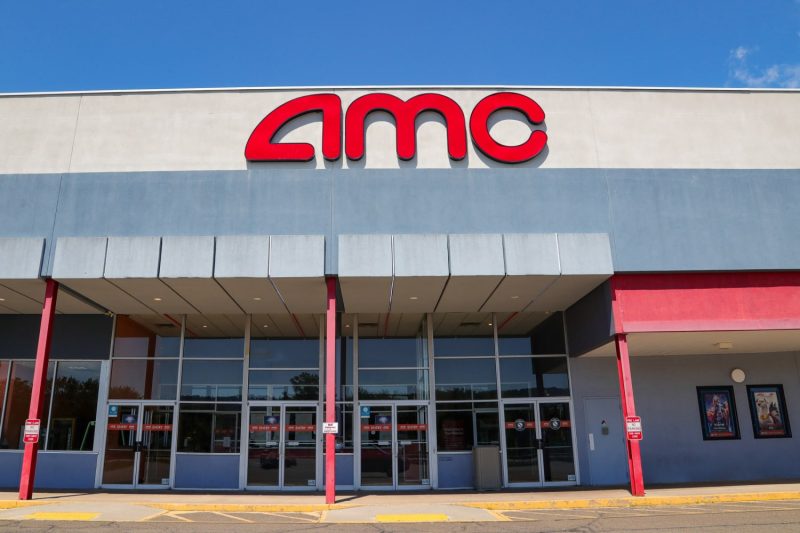Meme Stock Mania is Back: Understanding the Resurgence of GameStop, AMC, and More
The phenomenon of meme stocks has once again gripped the financial markets, with GameStop, AMC, and a host of other companies leading the charge in a new wave of speculative trading. As investors and observers alike try to make sense of the frenzy, it’s important to understand the underlying dynamics driving this resurgence.
One of the key reasons behind the renewed interest in meme stocks is the power of social media and online communities. Platforms like Reddit, Twitter, and TikTok have become hotbeds for discussion and analysis of stocks that are perceived to be undervalued or have high short interest. Retail investors, emboldened by the belief that they can challenge institutional investors, have banded together to coordinate buying campaigns and drive up prices. This collective action has played a significant role in fueling the rally in stocks like GameStop and AMC.
Another factor contributing to the meme stock mania is the concept of diamond hands – a term used to describe investors who hold onto their positions in the face of extreme volatility and potential losses. This mentality has been embraced by many retail traders who see themselves as part of a broader movement to disrupt traditional Wall Street practices. The willingness to withstand market fluctuations and stay committed to their investments has become a defining feature of the meme stock craze.
Additionally, the GameStop saga earlier this year served as a catalyst for renewed interest in meme stocks. The unprecedented short squeeze orchestrated by retail traders against hedge funds captured the attention of mainstream media and drew widespread public awareness to the power of collective action in the stock market. The monumental surge in GameStop’s share price created a template for future meme stock rallies and showed that individual investors can have a significant impact on market dynamics.
It’s important to note that meme stocks are not without risks. The extreme volatility and speculative nature of these stocks make them susceptible to sharp price swings and market manipulation. Retail investors should exercise caution and conduct thorough research before diving into meme stock trading. While the potential for high returns can be attractive, it’s essential to approach such investments with a level head and a clear understanding of the associated risks.
In conclusion, the resurgence of meme stocks like GameStop and AMC reflects a broader shift in the investment landscape, where retail traders are leveraging online communities and social media to challenge traditional market forces. The ongoing debate around the legitimacy and sustainability of meme stock trading highlights the evolving nature of financial markets and the increasing influence of individual investors in shaping market trends. As the meme stock mania continues to capture headlines and spark heated discussions, it remains to be seen how this phenomenon will impact the future of investing and trading.

